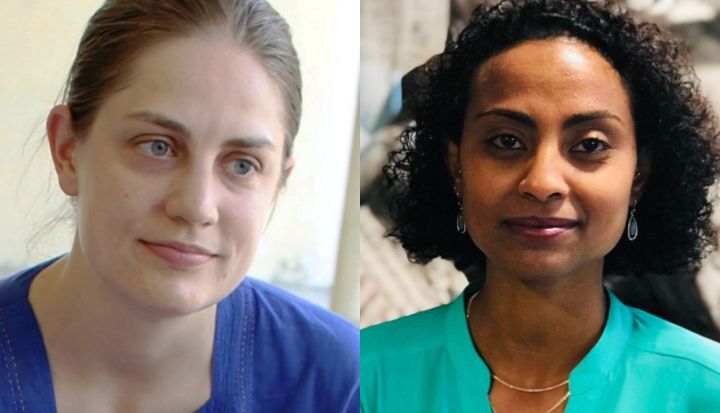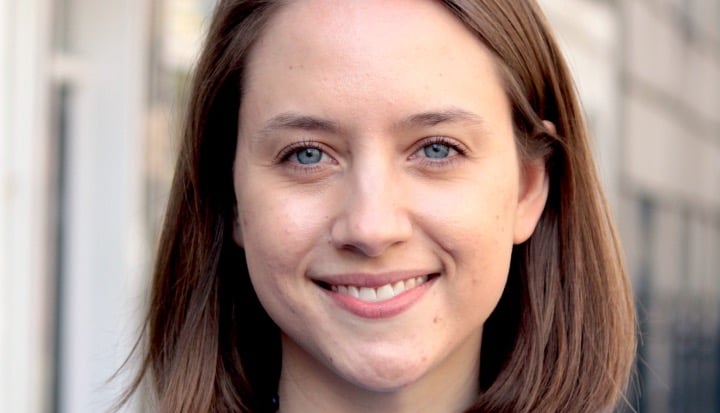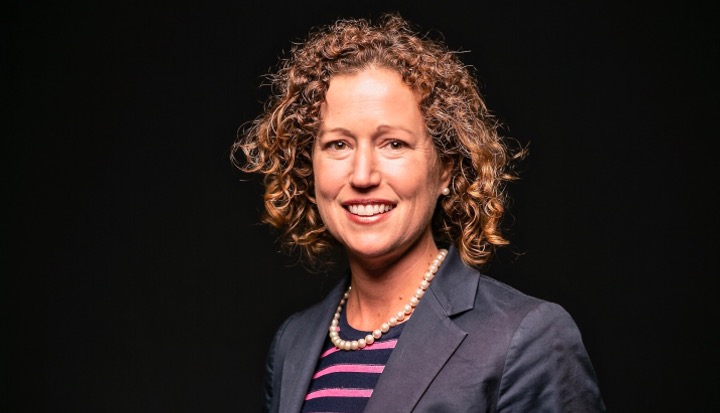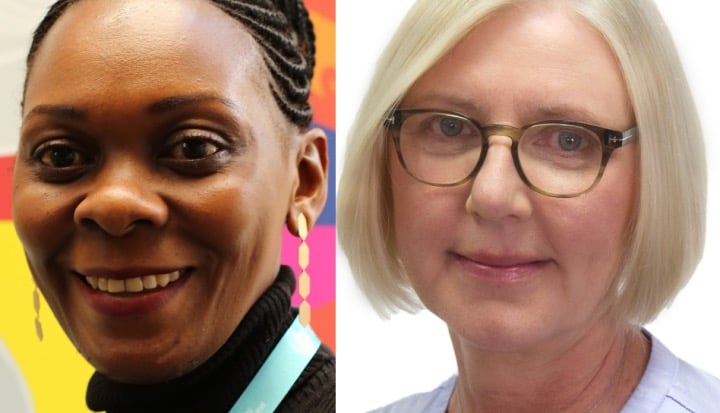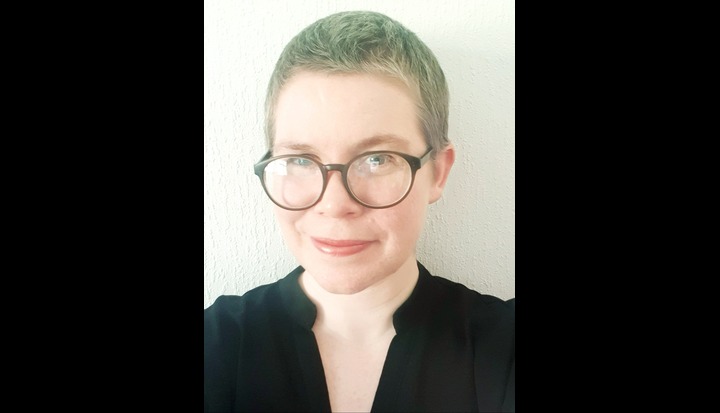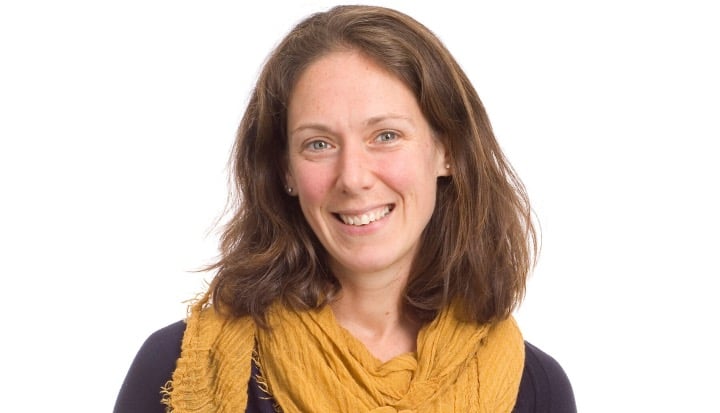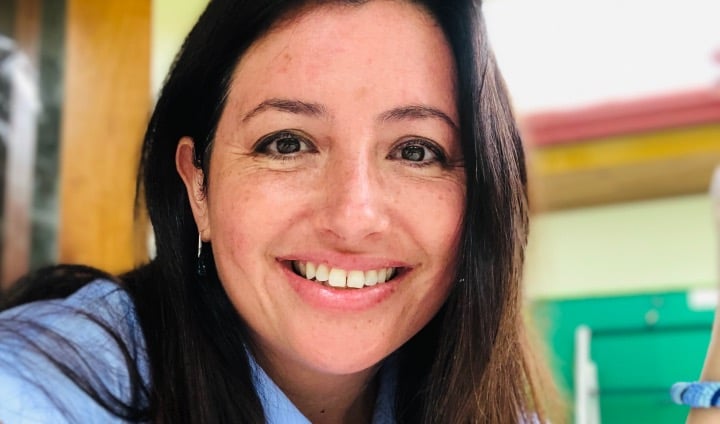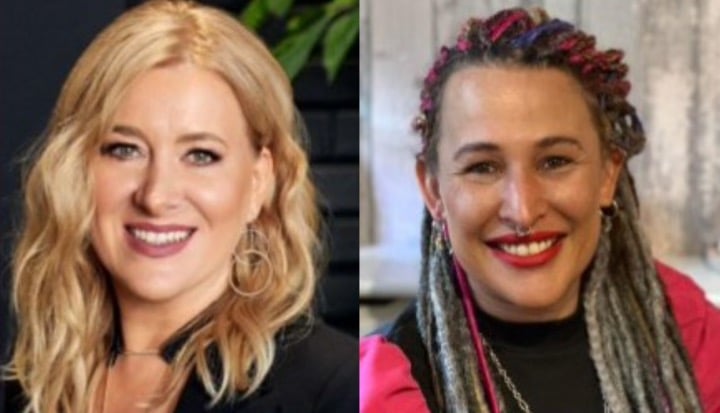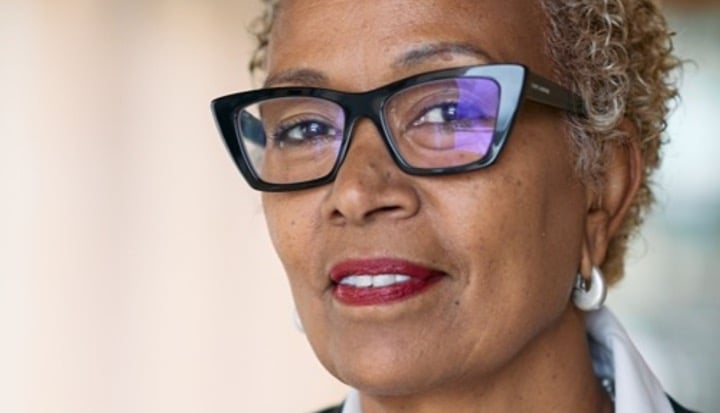BFP: What do you do?
 JS: I am Head of Social Performance for Anglo American plc, one of the world’s largest mining companies. In this position I am responsible for managing the group’s social performance, including developing standards, policies and management systems; delivering training and guidance on social performance and socio-economic issues; and external engagement on the full range of human development issues. As part of this work I am helping to roll our Enterprise Development programme, Anglo American Zimele, which was established in 1989 in South Africa, to other emerging markets including Latin America.
JS: I am Head of Social Performance for Anglo American plc, one of the world’s largest mining companies. In this position I am responsible for managing the group’s social performance, including developing standards, policies and management systems; delivering training and guidance on social performance and socio-economic issues; and external engagement on the full range of human development issues. As part of this work I am helping to roll our Enterprise Development programme, Anglo American Zimele, which was established in 1989 in South Africa, to other emerging markets including Latin America.
Anglo American Zimele has grown to become one of the most successful corporate enterprise development programmes in the world. Zimele creates and develops commercially viable and sustainable SMEs by providing empowerment opportunities for previously disadvantaged South Africans. Over the past 20 years, the initiative has become a catalyst for emerging black business, with the knock-on effect being sustainable job creation and socio-economic development in predominantly rural and peri-urban mining communities.
The precise way we roll-out enterprise development varies according to local conditions. In Chile, for example, the team there has a strong focus on micro-credit for micro-enterprises because this was identified as a particular gap in small business support.
I also lead the team responsible for the development and implementation of our Socio-Economic Assessment Toolbox (SEAT), which Anglo American has been using since 2003. It is the centerpiece of our stakeholder engagement, and the central repository of guidance on community relations issues within the company.
BFP: What is the best part about your job?
JS: One of the best things is the people I work with, both inside our company and in the partner organisations we work with. There are some incredibly committed people out there doing very interesting and important work. It is also hugely rewarding to be working in such a multicultural environment and very satisfying to be able to influence the development impact of a large multinational company.
BFP: What has been your greatest “business and development” challenge?
JS: Expectations at community and government level around the role that business should play are very high and growing. Taking such a broad-based view of business’s role in community development is a relatively new approach. When fully incorporated into the business it affects a wide range of functions not traditionally concerned with social development, such as procurement and HR. While there has been a very strong commitment within Anglo Americanto getting those high external expectations built into the company’s management systems in a realistic and sustainable way, we have had to invest time and money in figuring out the best ways to achieve this.
BFP: What advice can you give others facing similar challenges?
JS: First, be realistic in your expectations. Be clear about what you hope to achieve and report internally on what has been achieved using the existing management reporting channels where possible. It is also crucial to get support for your initiative from leadership by showing how activities support the organisation’s overall strategy. Finally, in a company like ours, budgets in this area are often substantial ($111 million in 2010), and it is crucial to apply the same criteria in respect of budget review and approval, project management, performance appraisal and accountability for delivery as you would for any other part of the business.
BFP: If someone wants to do what you do – where do they start?
JS: There are currently probably four main routes into this kind of job: internal transfer from another professional function inside your organisation or another business; move across from one of the NGOs that engage with business; move across from a government department which shares a common agenda; or transfer from an advisory or research capacity, eg from a consultancy or university research unit. Because this is still an emerging function there is no well-established graduate/post -graduate recruitment route yet.
Thank you to Jon Samuel for taking the time to do this interview.
To find out more, check out:
We’re always looking out for members to feature. Help us by taking two-minutes to update your profile, or by nominating someone for Business Fights Poverty Member of the Week.
This Member of the Week interview was conducted by Hester le Roux, BFP Member Relations Manager. Read previous Member of the Week interviews here.

